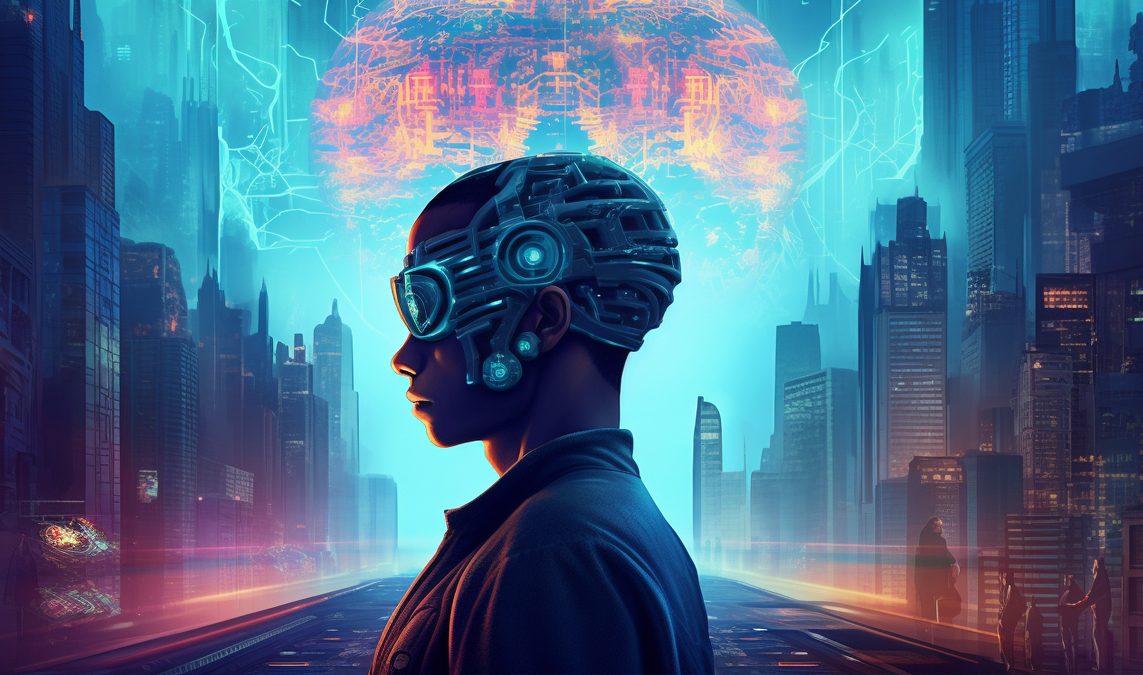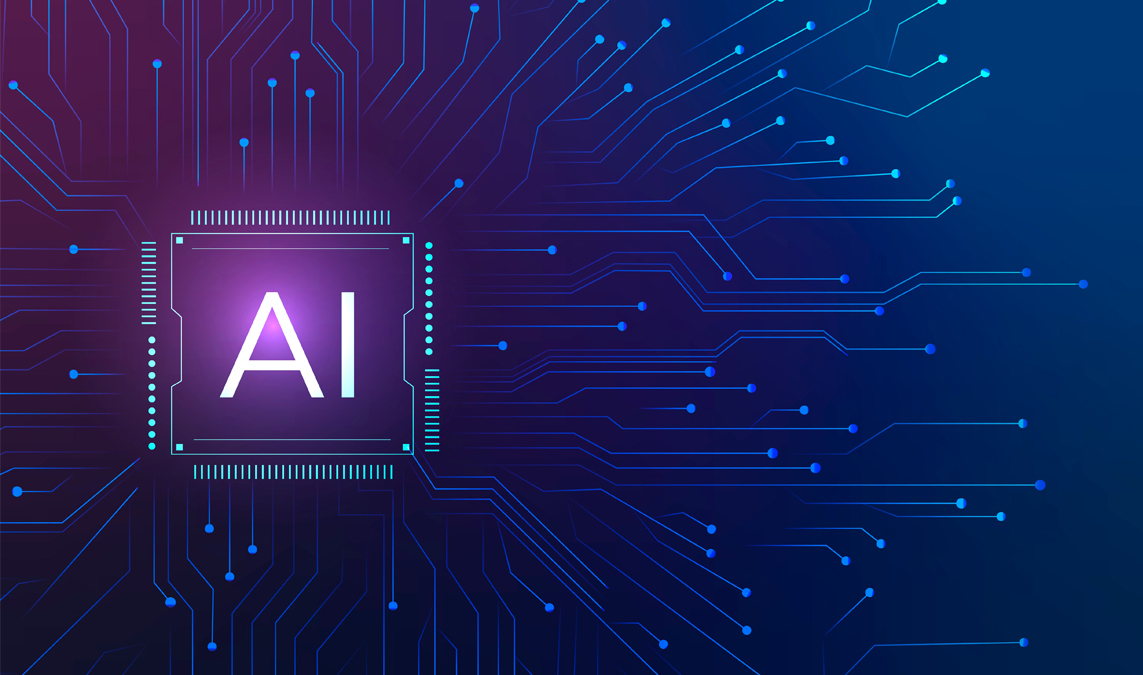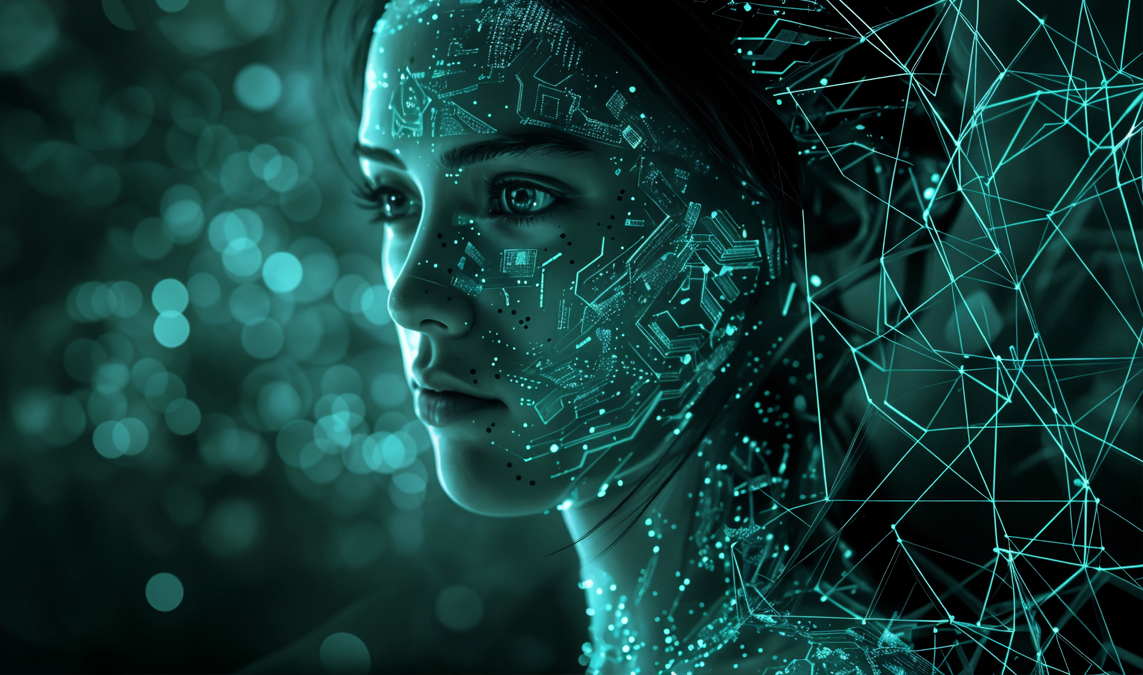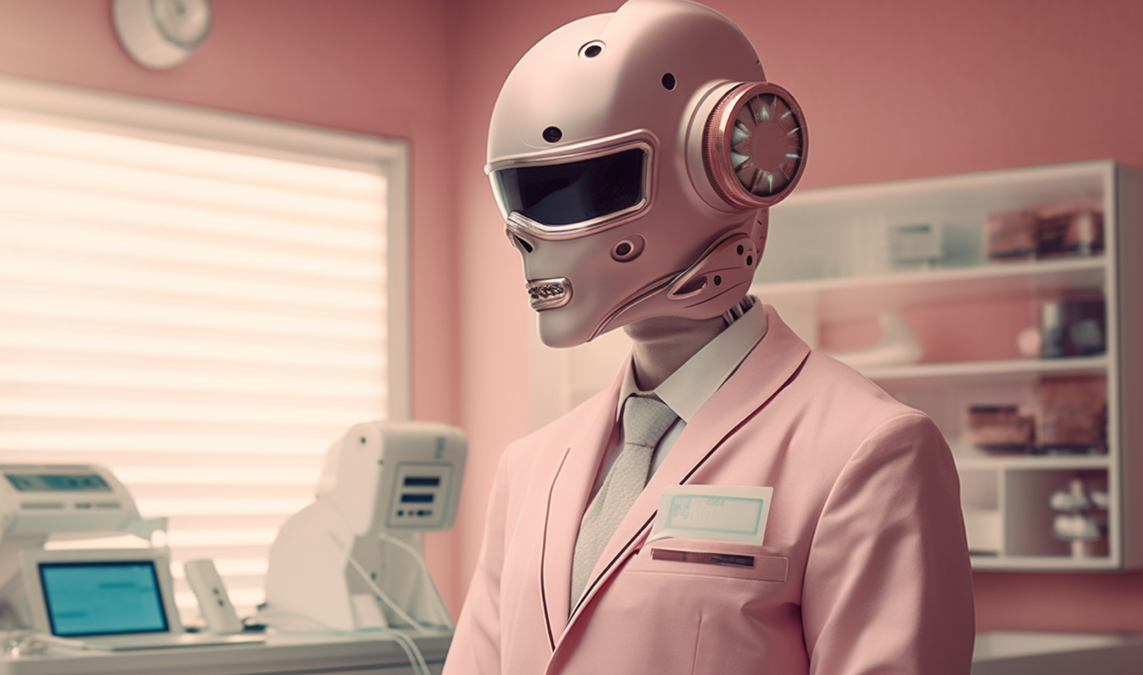As artificial intelligence (AI) continues to evolve, its potential to shape the global future becomes more evident. From revolutionizing healthcare to optimizing logistics, AI’s impact is undeniable. However, one of the most promising developments is the rise of the AI agency—a centralized, multidisciplinary organization devoted to creating and governing AI responsibly. Beyond innovation, such agencies hold the potential to unite nations and contribute to lasting peace worldwide.
What is an AI Agency?
An AI agency is typically a government-backed or multinational organization dedicated to AI research, development, ethics, and regulation. Unlike private tech companies that focus on profit-driven innovation, an AI agency aims to harness AI for the greater good. These agencies focus on public sector deployment, cross-border collaboration, safety standards, and transparency.
For instance, the European Union’s Artificial Intelligence Office, Japan’s Moonshot R&D agency, and proposed UN-level AI institutions highlight growing interest in coordinated AI governance.
The Growing Role of AI Agencies
An AI agency can serve as a global steward of technological responsibility. By promoting open data sharing, unbiased algorithm design, and ethical frameworks, such organizations offer a collaborative platform for solving worldwide issues. Whether it’s mitigating climate change, reducing poverty, or preventing armed conflict, AI offers scalable tools for change.
Bridging Technological Gaps
Emerging economies often face challenges accessing advanced AI. However, a globally inclusive AI agency can help democratize access. By offering training, open-source resources, and cloud infrastructure, these agencies ensure that developing nations are not left behind. In turn, this fosters equity, reduces economic disparities, and builds mutual trust among countries.
Supporting Peace Initiatives
AI-driven tools—like conflict prediction algorithms, multilingual sentiment analysis, and humanitarian logistics systems—can support peacekeeping efforts. An AI agency can coordinate these technologies and deploy them impartially. Moreover, by facilitating dialogue and data-sharing between rival nations, these agencies act as a neutral third party, reducing suspicion and building diplomatic bridges.
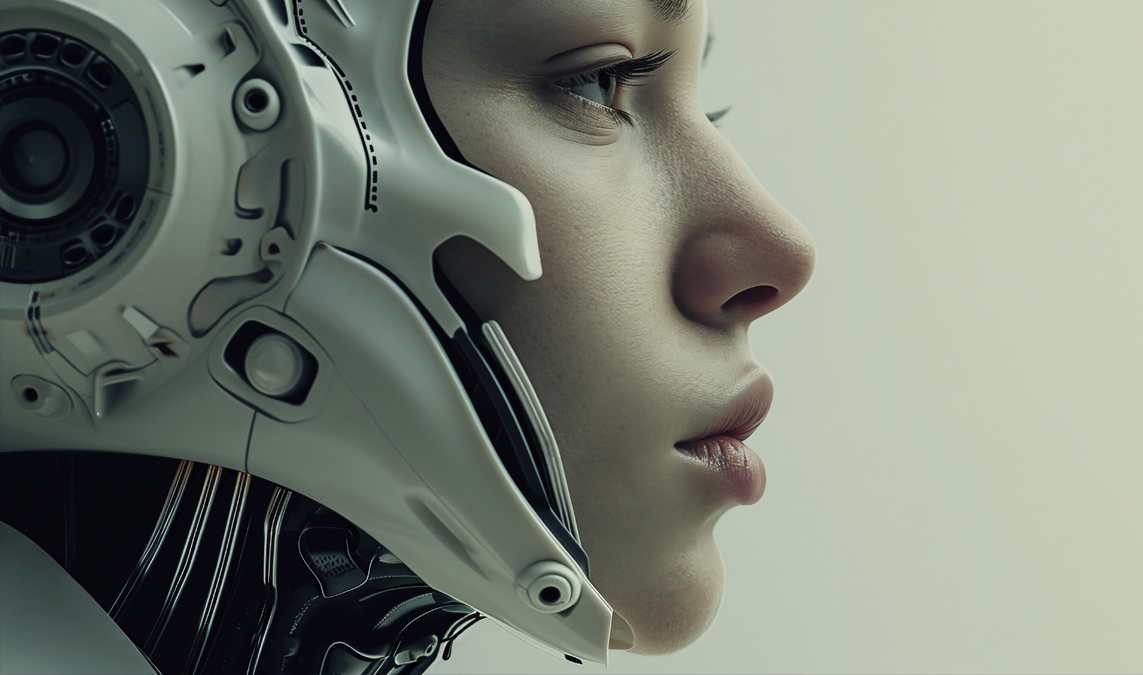
Why Global Cooperation is Essential
In a hyperconnected world, no nation can afford to work in isolation. AI development without international oversight may lead to weaponized algorithms, surveillance misuse, or economic disruption. Hence, uniting under a shared framework is not only wise—it is essential.
Uniting Nations Through Common Goals
Establishing international AI protocols is similar to climate or nuclear treaties: they require mutual respect, accountability, and transparency. An AI agency operating on a global scale can provide the platform for creating these protocols. Countries can come together, share their AI discoveries, and agree on red lines—like banning autonomous weapons or outlawing discriminatory AI.
Building Ethical AI Together
Cultural values differ around the world. Therefore, global AI standards must be inclusive. An international AI agency ensures that AI models are trained with diverse data, avoiding cultural biases and promoting respectful representation. In this way, technology becomes a tool for understanding rather than division.
Success Stories of Collaborative AI
The Global Partnership on AI (GPAI): A coalition of over 25 countries, GPAI promotes the responsible use of AI. It exemplifies how different cultures can work together for innovation and peace.
UNESCO’s AI Ethics Framework: More than 190 nations adopted this framework, showing consensus around the need for human-centered AI.
AI for Good Summit (ITU/UN): This event showcases AI applications solving global issues such as hunger, education, and disaster recovery.
These collaborations underscore the growing momentum toward unified AI development and the important role agencies play.
AI Agency as a Peace Architect
AI can predict political unrest, monitor ceasefire agreements, and assist in refugee resettlement. However, without a coordinating body, such efforts risk fragmentation. An AI agency with a peace-first mission can align governments, NGOs, and AI developers around a shared humanitarian vision.
Furthermore, conflict zones benefit greatly from AI-led mapping, translation, and medical aid delivery—initiatives that are most effective when orchestrated by a neutral agency with a commitment to transparency and fairness.
Encouraging Youth and Diversity
Young innovators from every continent must be empowered to join the AI revolution. An inclusive AI agency can offer scholarships, incubator programs, and global hackathons. This not only drives innovation but also reinforces peace by bringing diverse minds together with a common purpose.
Fostering Inclusion Beyond Borders
Whether you’re a developer in Ghana, a policymaker in Canada, or a student in India, a global AI agency gives everyone a seat at the table. By decentralizing control and encouraging global input, it ensures AI’s future is shaped by all humanity—not just a select few.
Challenges to Overcome
Of course, building such an agency isn’t easy. Political disagreements, economic competition, and differing legal systems pose challenges. However, the stakes are too high to let fragmentation win. Through diplomacy, shared values, and sustained dialogue, these obstacles can be gradually overcome.
The Future of AI and Peace
As the world navigates the complexities of AI, one fact becomes clear: cooperation, not competition, is the path forward. An AI agency that unites countries can ensure that AI enhances human dignity, solves shared problems, and reduces global tensions. When we invest in a common AI future, we invest in peace.
Conclusion
In conclusion, the formation and expansion of AI agencies represent a profound opportunity to unite nations and build a peaceful, inclusive global society. By prioritizing ethics, collaboration, and equality, these institutions can serve as the cornerstone of a future where technology brings us together rather than pushing us apart. As AI continues to shape our world, let it be guided by unity, wisdom, and hope.

